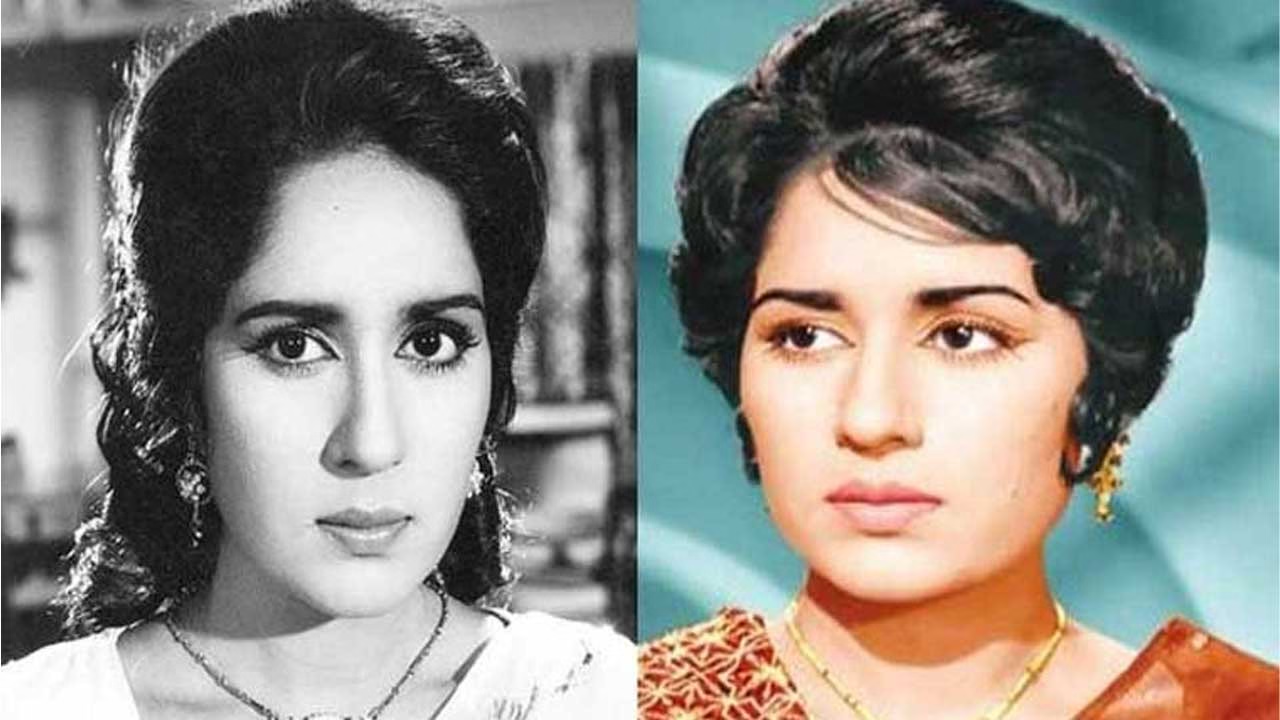Shamim Ara remains one of the most iconic figures in Pakistani cinema. Born in Aligarh in 1938 as Patli Bai, her name was later changed to Shamim Ara to suit the glamorous world of films. With a career spanning decades and contributions that reshaped the role of women in the industry, she is celebrated today as Pakistan’s first successful female director, in addition to being a top-tier actress.
Humble Beginnings and Rise to Stardom
Shamim Ara made her acting debut with the film Kanwari Beowah. Although the film didn’t achieve major box office success, her natural charm and distinct acting style caught the attention of film enthusiasts. Her presence was refreshing, and this positive reception opened the doors to more roles, allowing her to explore a variety of characters on screen.
Her breakthrough came in 1960 with the film Sahili. Her performance in the movie earned her the prestigious Nigar Award, firmly establishing her as a talented and sought-after actress. From there, Shamim Ara appeared in over 80 films, including Pakistan’s first color film Naila, showcasing her range and dedication to the craft.
Celebrated Roles and On-Screen Chemistry
Throughout her acting career, Shamim Ara starred in several classics that are still remembered today. Some of her most notable films include Devdas, Saika, One in a Lakh, Anarkali, Chingari, Firangi, Duraha, and Munda Bagra Jaye. These films not only highlighted her acting prowess but also reflected the evolving themes and narratives in Pakistani cinema during the 1960s and 70s.
Her pairing with the legendary Waheed Murad became a fan favorite, creating unforgettable screen moments. One such moment was in the film Qaidi, where Faiz Ahmed Faiz’s poem “Mujh Se Pehli Si Mohabbat Mere Mehboob Na Maang” was picturized on her. The poem, combined with her emotive acting, left a lasting cultural impact and is still regarded as one of the most iconic scenes in Pakistani film history.
Personal Life and Challenges
Shamim Ara’s personal life was marked by both love and loss. Her first marriage was to Sardar Rind, which ended with his death. She married twice more, but those marriages did not last. Her fourth and final marriage to scriptwriter Dabirul Hassan was successful and lasted until her death.
Despite the ups and downs in her personal life, Shamim Ara continued to remain active in the film industry and transitioned into a new role that would further cement her legacy.
Transition to Direction and Lasting Legacy
After her last appearance as an actress in the 1989 Punjabi film Tees Maar Khan, Shamim Ara decided to step behind the camera. Her directorial ventures included Jee Aur Jeene Do, Playboy, Miss Hong Kong, and Miss Colombo. These films reflected her creative vision and established her as Pakistan’s first successful female director, a rare accomplishment in a male-dominated industry.
In a time when few women dared to take on leadership roles in cinema, Shamim Ara broke barriers. She not only directed commercially successful films but also inspired future generations of female filmmakers. Her success proved that women could be powerful storytellers and creators in Pakistani cinema.
In total, she received six Nigar Awards for her acting and three more for her work as a director. These accolades are a testament to her versatility and contribution to the entertainment world.
A Life Remembered
Shamim Ara passed away on August 5, 2016, in London, after a prolonged illness. She was 78 years old. Her death marked the end of an era, but her contributions continue to resonate within the Pakistani film community.
Even years after her passing, Shamim Ara is remembered as a trailblazer — a woman who reshaped the Pakistani film industry through talent, resilience, and an unbreakable spirit. Her journey from an actress with a changed name to an award-winning director tells a powerful story of passion and perseverance.
Shamim Ara’s influence in Pakistani cinema is undeniable. As the country’s first successful female director, she paved the way for many women in the industry. Her life serves as an inspiring example of how talent, hard work, and courage can overcome societal limitations. Whether through her memorable performances or impactful direction, Shamim Ara‘s legacy will continue to shine in the annals of South Asian film history.



